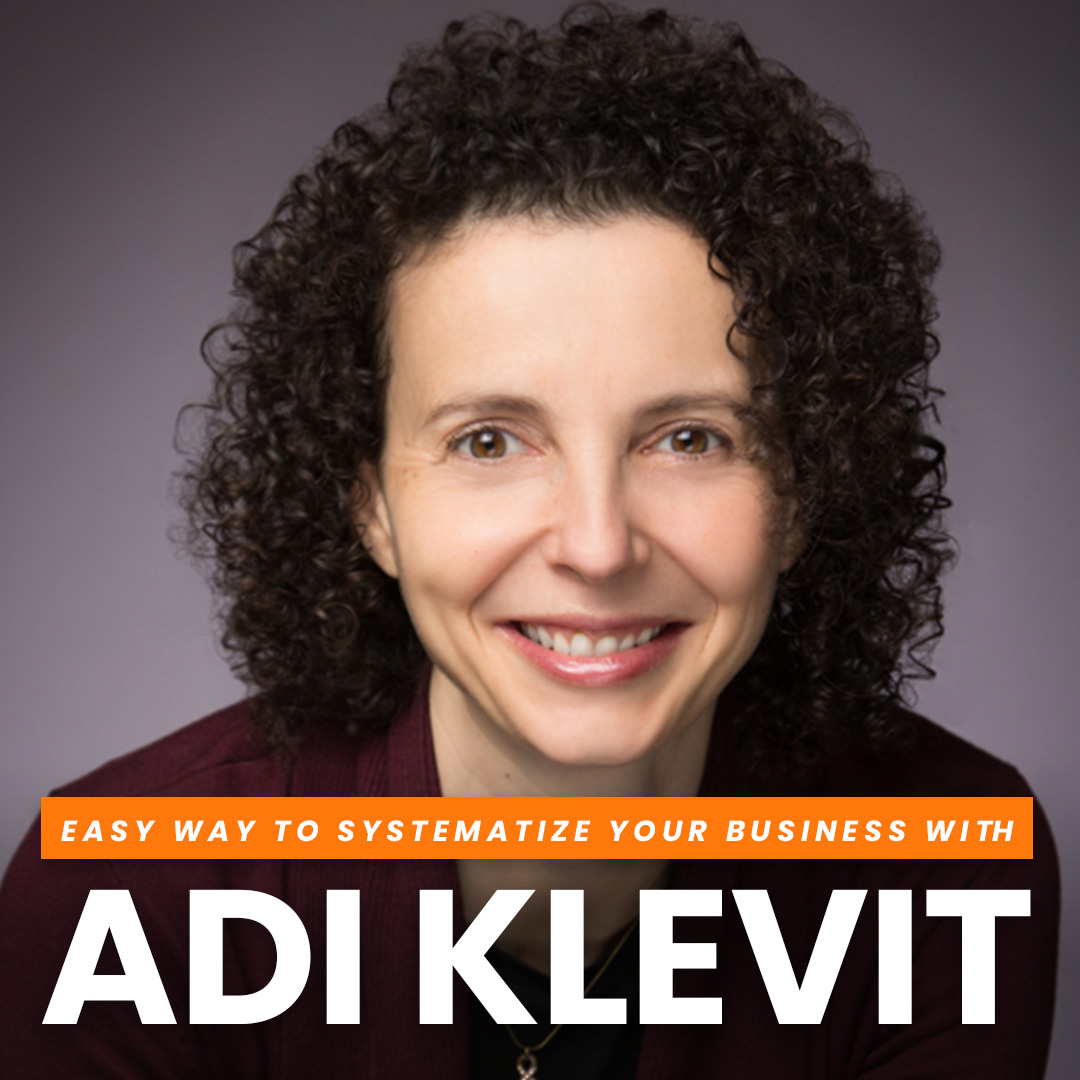Are you always on-call, 24/7? Do you have difficulty delegating, documenting your systems and/or making sure your team uses them so you have a consistent output of your product or service? If you said yes to either of those questions, you're running an operation that isn't sustainable!
In this episode, Clarence talks with Adi Klevit whose team at Business Success Consulting Group specializes in creating, documenting, and implementing processes and procedures for businesses so they can grow and scale.
They not only outline, map, and document the processes they make sure their team knows about them and follow them on a day-to-day basis.
If your organization lacks the level of systematization needed to get to the next level, use the strategies Adi Klevit shares in this episode to reclaim your time.










